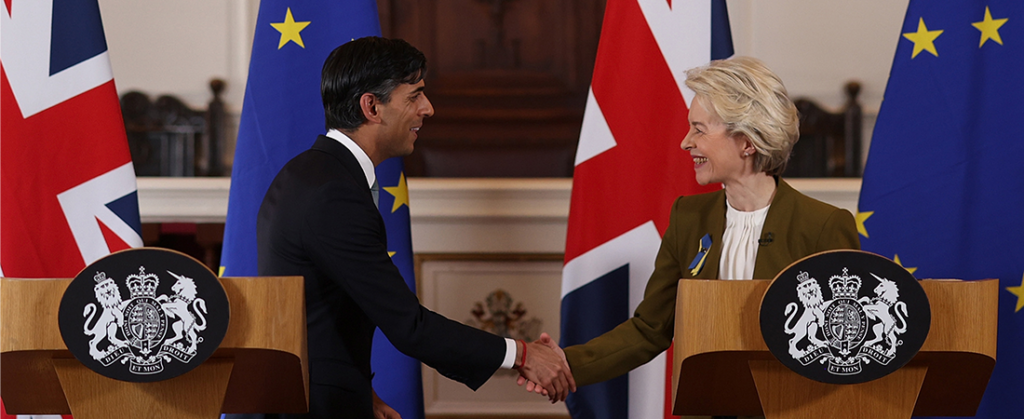As we enter 2024, the year of the next General Election, Labour is still riding high in the polls with what looks like a clear route to power. The party is, however, far from immune to criticism.
Under Sir Keir Starmer’s tenure, figures across Labour’s broad church – including former Labour minister Lord Mandelson and Unite General Secretary Sharon Graham – have accused the party of being light on policy detail and called for a bolder vision.
One could argue however, that considering where we are in the electoral cycle, Labour has announced several concrete policies, notably Labours five missions. So, does Labour actually lack a policy agenda, or are its policies simply its struggling to cut through to the electorate? One Shadow Secretary of State is attempting to answer both questions.
Since becoming Shadow Secretary of State for Health and Social Care in 2021, Wes Streeting has been bold in his approach across the political and media landscape. With the NHS remaining a key voter priority, Streeting has shown that he is prepared to tackle the big questions around healthcare, directly briefing the media on his proposed NHS reforms, and unafraid to criticise the “state religion” where he feels it necessary. And according to Portland research, his approach is paying off. Our polling found that 48% of voters say that a Labour government would best handle health and social care, compared to 23% who say that a Conservative government would.
In a political climate where healthcare spending is tight and Labour is determined to demonstrate fiscal responsibility, Streeting has said “the era of pouring more money into a broken system is over”. While acknowledging that the NHS is simply not working for many people, Labour’s current approach focuses on positioning itself as capable of implementing intelligent structural reform, rather than committing to any serious cash injections.
This drive towards a policy-focused strategy has never been clearer than through Streeting’s recent international trips. Similar to when Michael Gove was Education Secretary, Streeting is looking to other countries for bold solutions to some of the NHS’ perennial problems.
For example, Streeting said that a recent visit to Singapore had reinforced his view that the NHS must incorporate technology, data and population-health driven interventions to drive heath care improvements. The visit also helped shape his vision of an NHS that places greater emphasis on a patients’ ability to look after their own health. Specifically, the trip cemented his view that the NHS should shift towards a family doctor model, where patients would regularly see the same GP for every appointment, in time, building a trusted relationship with one doctor. He has similarly mooted introducing a rewards-based system for exercise like the one used in the Asian city state, where patients are rewarded with vouchers for achieving certain exercise targets. It is not just from Singapore that Streeting has taken inspiration. An earlier visit to Australia led to Streeting calling for the introduction of GP hubs, a shift he described as moving the NHS towards a “neighbourhood health service”.
These recent policy interventions reflect Labour’s broader movement towards advocating for a prevention-focused NHS, something Starmer has described as a “prevention first revolution”, where “care is closer to home [and] where patients have more control.” Labour’s approach to health seems to be a policy area where it is achieving cut-through, in contrary to the broader narrative. Portland research found that 63% of the public have heard of Labour’s mission to “Get the NHS back on its feet”, making it the Labour mission with the highest public awareness.
Despite Labour’s clear commitment to structural reform of the healthcare system, implementing such changes will be reliant on robust, detailed policies and careful stakeholder management. Although the rapid countdown towards the next election may make it increasingly harder to directly influence the next Labour manifesto, the real impact sits within these more intricate policies, and this is where industry has a critical role to play.
Over the next year, Streeting and his team will be looking for cost-effective, implementable policy solutions from outside sources. While his team will be looking to progressive think tanks for inspiration, such as the IPPR and the Tony Blair Institute, they have also demonstrated a willingness to listen to industry on these key issues.
Although it is too early to say for sure what an NHS under a Labour government will look like, it is still possible to garner a good understanding of where the party wants to take it. This clarity, means there has never been a better time to engage with the Labour Party on health matters. If industry can provide policy recommendations that fit into Labour’s wider vision of a preventative health service, it seems that Labour is ready to listen.





